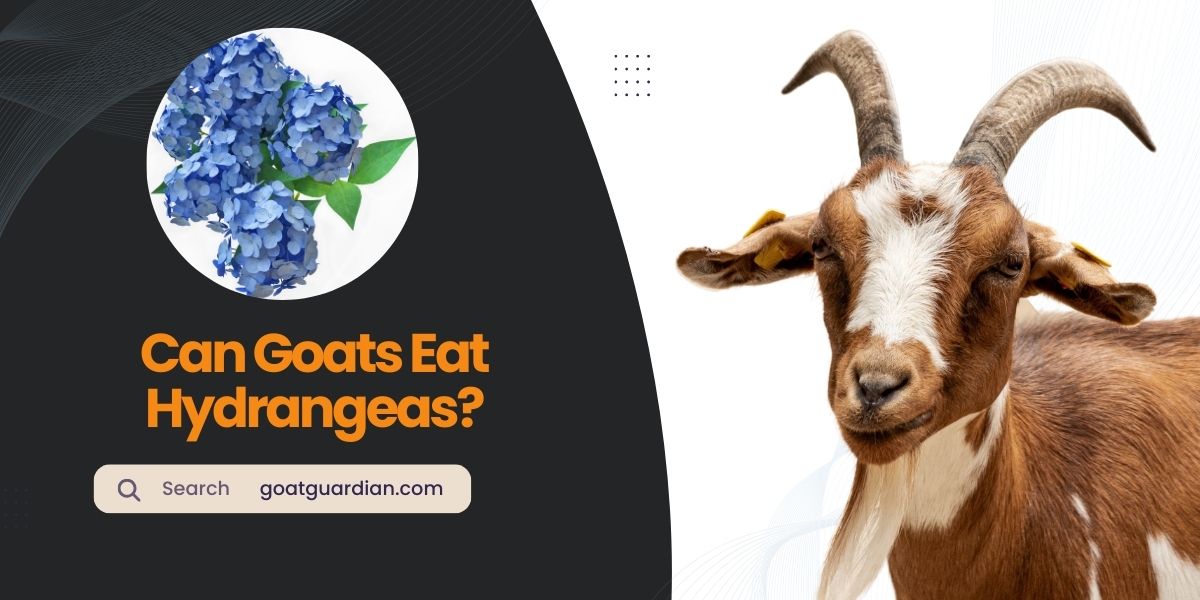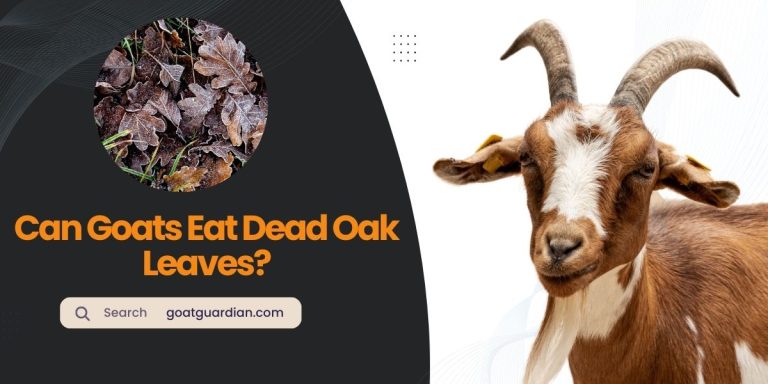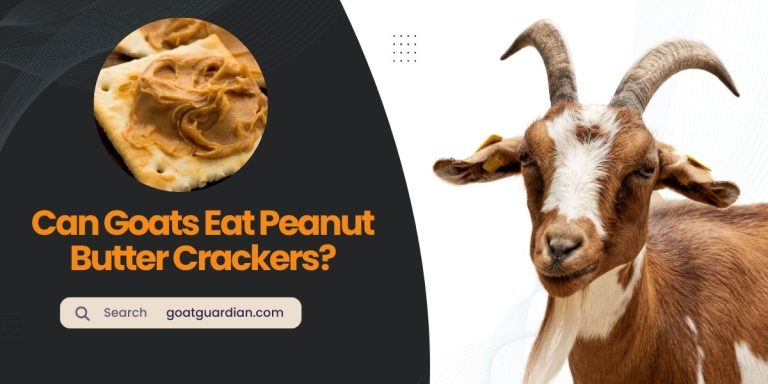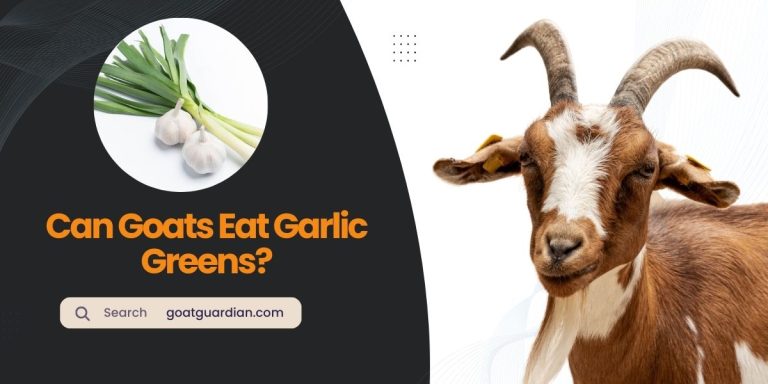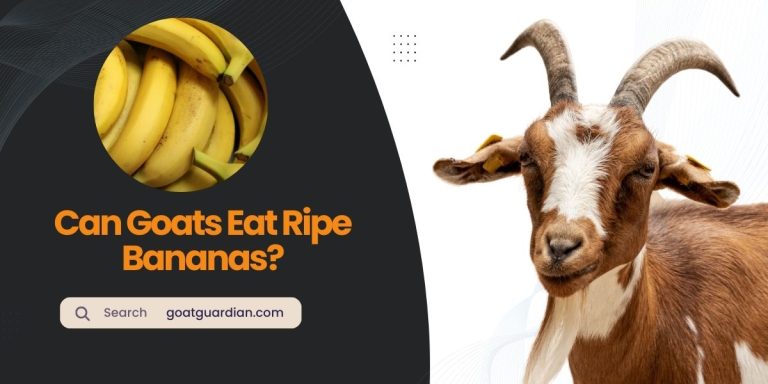Can Goats Eat Hydrangeas? (Unknown Truth)
No, goats cannot eat hydrangeas as they are toxic and contain traces of cyanide which can be harmful and potentially fatal to them. It is important to keep hydrangeas away from goats to prevent any accidental ingestion and poisoning.
When it comes to feeding goats, it’s essential to be aware of which plants are safe for them to eat and which ones are toxic. While goats are known to have a diverse diet and can munch on a variety of plants, there are certain plants that should be avoided.
One such plant is hydrangeas, which may seem harmless but can actually be poisonous to goats. We will explore why hydrangeas are toxic to goats and the potential health risks associated with their consumption. Understanding which plants goats should avoid is crucial for their well-being and safety.
Are Hydrangeas Poisonous Plants?
| Hydrangeas as poisonous plants for humans and animals |
Hydrangeas are indeed poisonous plants for both humans and animals. They contain toxic compounds such as cyanogenetic glycocides, alkaloids, and saponins. These compounds can have harmful effects when ingested.
In animals, hydrangea poisoning can cause various symptoms and health issues. It is important to note that all parts of the plant, including the leaves, buds, flowers, and bark, contain these toxins.
Accidental ingestion by pets or livestock can lead to shortness of breath, dizziness, fainting, rapid pulse, convulsions, and even death in severe cases.
For goats specifically, hydrangeas are extremely toxic. They should be avoided to prevent any harm to the animals.
While goats are often used for clearing woodlands and wetlands, caution should be exercised to ensure that they do not ingest any toxic plants.
It is advisable to research and identify plants that are safe for goats to consume and graze in order to maintain their health and well-being.
Can Goats Safely Consume Hydrangeas?
Understanding the risks of hydrangea consumption for goats
|
Alternative Plants For Goats To Avoid Hydrangeas
| Plants resistant to goat browsing |
|
| Creating a goat-friendly landscape |
| If you’re wondering if goats can eat hydrangeas, the answer is no. Hydrangeas are toxic to goats due to the presence of cyanide in all parts of the plant. While goats may not typically consume hydrangeas, it’s important to keep them away from these plants as accidental ingestion could lead to serious health issues. However, if you’re looking for alternative plants that goats won’t eat, there are a few options. Kale, wild black cherry, buckwheat, and rattleweed are resistant to goat browsing and can be planted in your goat-friendly landscape.When creating a goat-friendly landscape, it’s important to consider the plants that goats are likely to avoid. Some ornamental plants that goats won’t eat include monk’s hood, milkweeds, foxglove, hellebores, and hydrangea. These plants can be safely grown without worrying about goat consumption.Overall, it’s crucial to be aware of which plants are toxic to goats and to avoid planting them in areas accessible to these animals. By creating a goat-friendly landscape with resistant and non-toxic plants, you can ensure the health and safety of your goats. |
Frequently Asked Questions For Can Goats Eat Hydrangeas
Are Hydrangeas Toxic?
Yes, hydrangeas are toxic to pets and children as they contain traces of cyanide. Accidental ingestion may cause symptoms such as shortness of breath, dizziness, fainting, and a rapid pulse. In severe cases, it can lead to convulsions and even death.
Are Hydrangeas Poisonous To Animals?
Yes, hydrangeas are poisonous to animals. They contain cyanide and can cause toxicity in pets, including dogs, cats, and horses. All parts of the plant, including the leaves, buds, flowers, and bark, are toxic and ingestion can lead to symptoms such as shortness of breath, dizziness, convulsions, and in severe cases, death.
What Garden Plants Are Toxic To Goats?
Hydrangeas, Monk’s hood, Milkweeds, Foxglove, Hellebores, Black Walnut, Pokeweed, Cherries, Kale, Wild black cherry, Buckwheat, and Rattleweed are toxic to goats.
Can Goats Eat Hydrangeas?
No, goats should not eat hydrangeas as they are extremely toxic to them. Hydrangeas contain cyanogenetic glycosides, alkaloids, and saponins that can be harmful and potentially fatal to goats if consumed.
Conclusion
While hydrangeas may seem like a tempting snack for goats, they are actually highly toxic. The plant contains cyanide, which can cause severe illness or even death if consumed in large quantities. It’s important for goat owners to be aware of the potential dangers and ensure that their goats are not able to access hydrangeas.
To keep your goats safe and healthy, it’s best to provide them with a balanced and appropriate diet that does not include toxic plants like hydrangeas.
